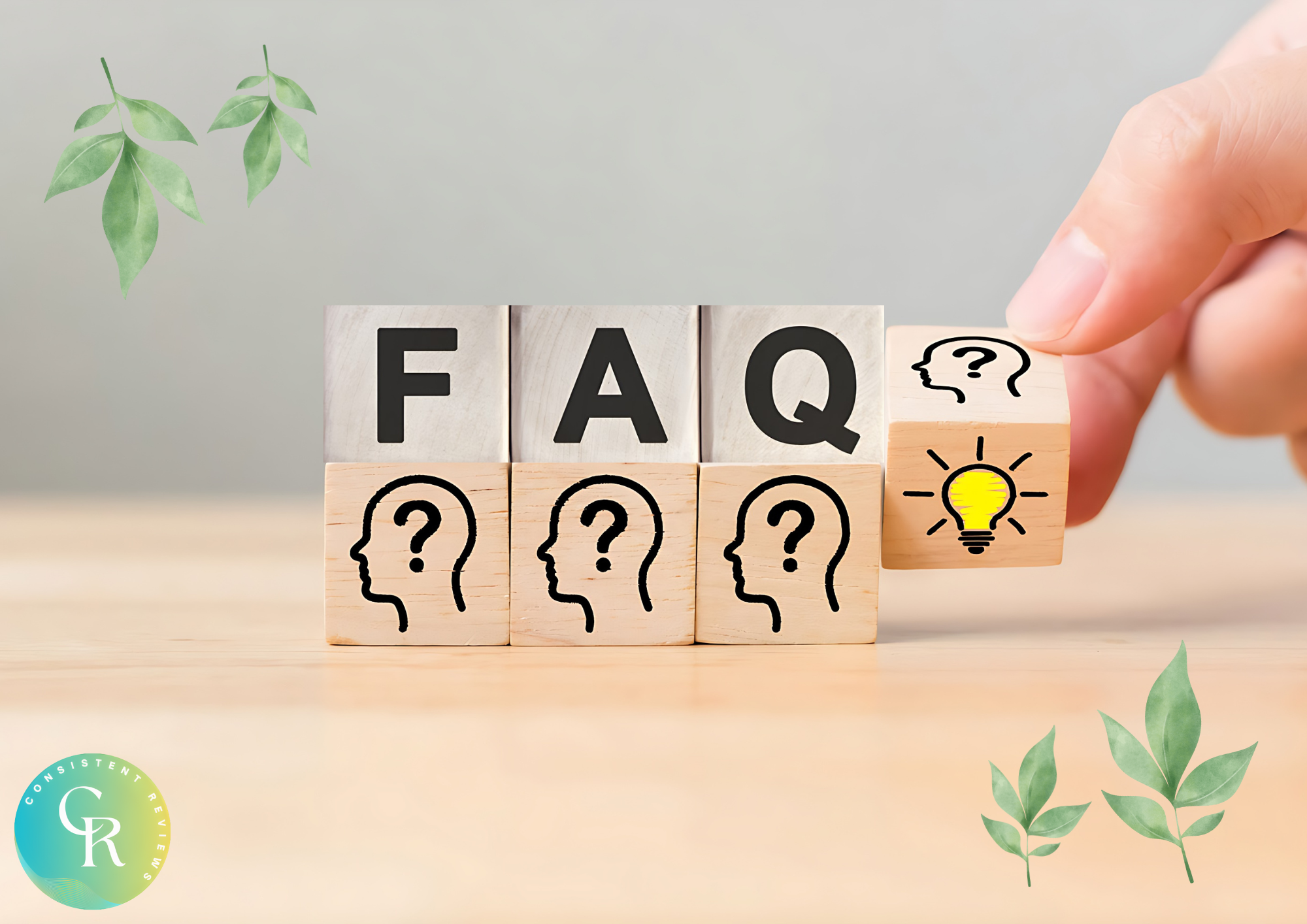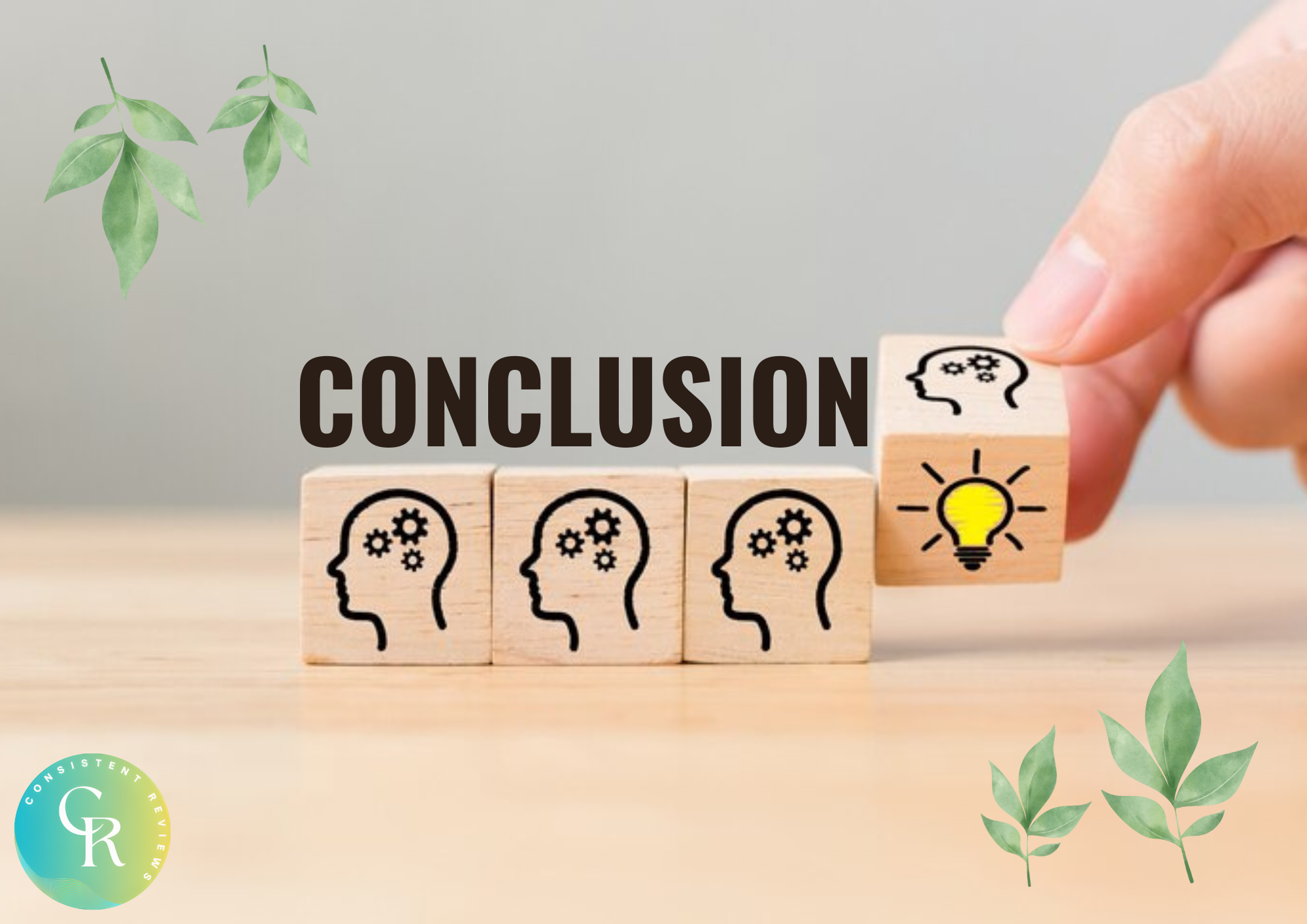Electrolyte drops have become a popular choice for those looking to maintain hydration and balance essential minerals in the body. However, like any supplement, they come with their own set of potential side effects. Understanding these effects is crucial for anyone considering adding electrolyte drops to their routine.
Key Takeaways:
- Electrolyte drops can cause digestive issues, such as nausea and diarrhea, especially when consumed in excess.
- Overuse of electrolyte drops may lead to an imbalance in mineral levels, potentially affecting heart and kidney function.
- It's essential to consult with a healthcare professional before incorporating electrolyte drops into your diet, particularly if you have pre-existing health conditions.
Understanding Electrolyte Drops

Electrolyte drops are concentrated solutions designed to replenish essential minerals like sodium, potassium, and magnesium in the body. These minerals play a vital role in maintaining fluid balance, nerve function, and muscle contractions. While they are beneficial, it's important to use them wisely to avoid adverse effects.
Electrolyte drops are often marketed as a quick fix for dehydration, especially after intense physical activity or illness. However, it's important to remember that they are supplements, not replacements for a balanced diet. Over-reliance on these drops can lead to an imbalance in your body's natural mineral levels.
Common Side Effects of Electrolyte Drops
One of the most frequently reported side effects of electrolyte drops is digestive discomfort. This can manifest as nausea, vomiting, or diarrhea, particularly if the drops are consumed in large quantities. It's crucial to follow the recommended dosage to minimize these risks.
Another potential side effect is an imbalance in electrolyte levels, which can have serious health implications. For instance, too much sodium can lead to high blood pressure, while excessive potassium can affect heart function. Monitoring your intake and consulting with a healthcare provider can help prevent these issues.
Digestive Issues: Nausea and Diarrhea
Digestive issues are a common complaint among those who use electrolyte drops. The concentrated nature of these supplements can irritate the stomach lining, leading to nausea or even vomiting. To mitigate this, it's advisable to dilute the drops in water and consume them slowly.
Diarrhea is another potential side effect, often resulting from an overload of minerals in the digestive system. This can lead to dehydration, counteracting the intended benefits of the drops. Ensuring you stick to the recommended dosage can help prevent this unpleasant outcome.
Electrolyte Imbalance: A Double-Edged Sword
While electrolyte drops are designed to restore balance, overuse can tip the scales in the opposite direction. An excess of certain minerals, like sodium or potassium, can disrupt the body's natural equilibrium, leading to health complications.
For example, high sodium levels can increase blood pressure, while too much potassium can cause irregular heartbeats. It's essential to monitor your body's response and adjust your intake accordingly. Consulting with a healthcare professional can provide personalized guidance.
Impact on Heart Health

The heart relies on a delicate balance of electrolytes to function properly. An imbalance, whether from excess or deficiency, can have serious consequences. Electrolyte drops, if not used correctly, can contribute to this imbalance, potentially affecting heart rhythm and blood pressure.
For individuals with pre-existing heart conditions, the use of electrolyte drops should be approached with caution. It's important to discuss any supplementation with a healthcare provider to ensure it aligns with your overall health plan.
Kidney Function and Electrolyte Drops
The kidneys play a crucial role in filtering excess minerals from the body. Overloading them with electrolytes can strain their function, potentially leading to kidney damage over time. This is particularly concerning for individuals with existing kidney issues.
To protect kidney health, it's important to use electrolyte drops judiciously and stay within recommended limits. Regular check-ups with a healthcare provider can help monitor kidney function and prevent potential complications.
Allergic Reactions: A Rare but Possible Risk
Although rare, some individuals may experience allergic reactions to electrolyte drops. Symptoms can include itching, swelling, or difficulty breathing. If you experience any of these symptoms, it's important to discontinue use immediately and seek medical attention.
Allergic reactions can be triggered by specific ingredients in the drops, such as flavorings or preservatives. Reading labels carefully and choosing products with minimal additives can help reduce the risk of an allergic response.
The Role of Sodium in Electrolyte Drops

Sodium is a key component of electrolyte drops, essential for maintaining fluid balance and nerve function. However, excessive sodium intake can lead to high blood pressure and other cardiovascular issues. It's important to be mindful of your overall sodium consumption, especially if you're using electrolyte drops regularly.
Balancing sodium intake with other electrolytes, like potassium and magnesium, can help maintain optimal health. Consulting with a healthcare provider can provide personalized recommendations based on your dietary needs.
Potassium: Essential but Potentially Harmful
Potassium is another critical mineral found in electrolyte drops, necessary for muscle function and heart health. However, too much potassium can lead to hyperkalemia, a condition characterized by irregular heartbeats and muscle weakness.
To avoid these risks, it's important to monitor your potassium intake and adjust your use of electrolyte drops accordingly. Regular blood tests can help track your potassium levels and ensure they remain within a healthy range.
Magnesium: Balancing Benefits and Risks
Magnesium is often included in electrolyte drops for its role in muscle and nerve function. While beneficial, excessive magnesium can cause digestive issues, such as diarrhea and abdominal cramping. It's important to balance magnesium intake with other electrolytes to avoid these side effects.
For those with kidney issues, magnesium supplementation should be approached with caution, as the kidneys are responsible for excreting excess magnesium. Consulting with a healthcare provider can help determine the appropriate dosage for your needs.
The Importance of Hydration
While electrolyte drops can aid in hydration, they should not replace water as the primary source of fluid intake. Drinking plenty of water throughout the day is essential for maintaining overall health and preventing dehydration.
Electrolyte drops can be a useful tool for replenishing minerals lost through sweat or illness, but they should be used in conjunction with a balanced diet and adequate water intake. This holistic approach can help ensure optimal hydration and health.
Who Should Avoid Electrolyte Drops?
Certain individuals should exercise caution when considering electrolyte drops. Those with kidney disease, heart conditions, or high blood pressure may be at increased risk of adverse effects. It's important to consult with a healthcare provider before using these supplements.
Pregnant or breastfeeding women should also seek medical advice before incorporating electrolyte drops into their routine. The needs of these individuals can vary, and professional guidance can help ensure safe and effective use.
Consulting with a Healthcare Professional
Before adding electrolyte drops to your diet, it's wise to consult with a healthcare professional. They can provide personalized recommendations based on your health status and dietary needs, helping you avoid potential side effects.
A healthcare provider can also help monitor your electrolyte levels and adjust your supplementation as needed. This proactive approach can help ensure that you reap the benefits of electrolyte drops without compromising your health.
Choosing the Right Electrolyte Drops
When selecting electrolyte drops, it's important to choose a product that aligns with your health goals and dietary needs. Look for products with minimal additives and a balanced blend of electrolytes to ensure optimal benefits.
Reading labels carefully and researching brands can help you make an informed decision. Consulting with a healthcare provider can also provide valuable insights into which products may be best suited for your needs.


Q1: Can electrolyte drops cause dehydration?
A1: While electrolyte drops are designed to aid hydration, overuse can lead to diarrhea, which may cause dehydration. It's important to follow the recommended dosage and drink plenty of water.
Q3: How do I know if I'm taking too many electrolyte drops?
A3: Symptoms of excessive electrolyte intake can include nausea, diarrhea, and irregular heartbeats. If you experience these symptoms, it's important to reduce your intake and consult with a healthcare provider.

Electrolyte drops can be a valuable tool for maintaining hydration and replenishing essential minerals. However, they come with potential side effects, including digestive issues and electrolyte imbalances. It's important to use these supplements wisely and consult with a healthcare professional to ensure safe and effective use.











